Skip available courses
Available courses
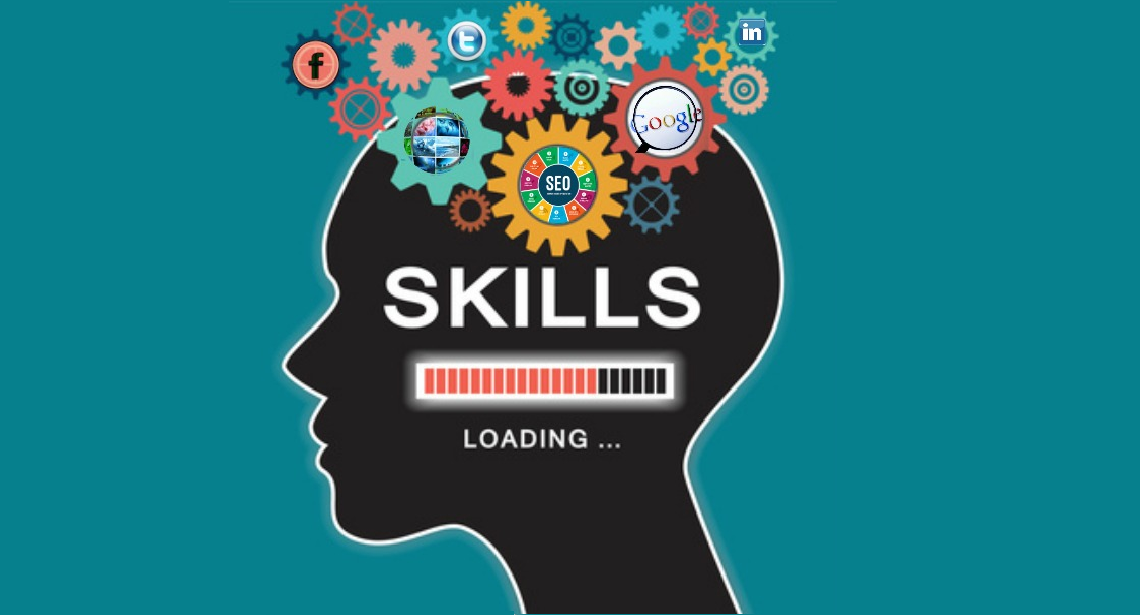
Work Immersion
Work Immersion as stipulated in DepEd Order no. 30, 2017 is a required subject for all Grade 12 learners that was incorporated into the curriculum.
This subject will provide learners with opportunities:
1. to become familiar with the work place
2. for employment simulation and,
3. to apply their competencies in areas of specialization/ applied subjects in authentic work environments.
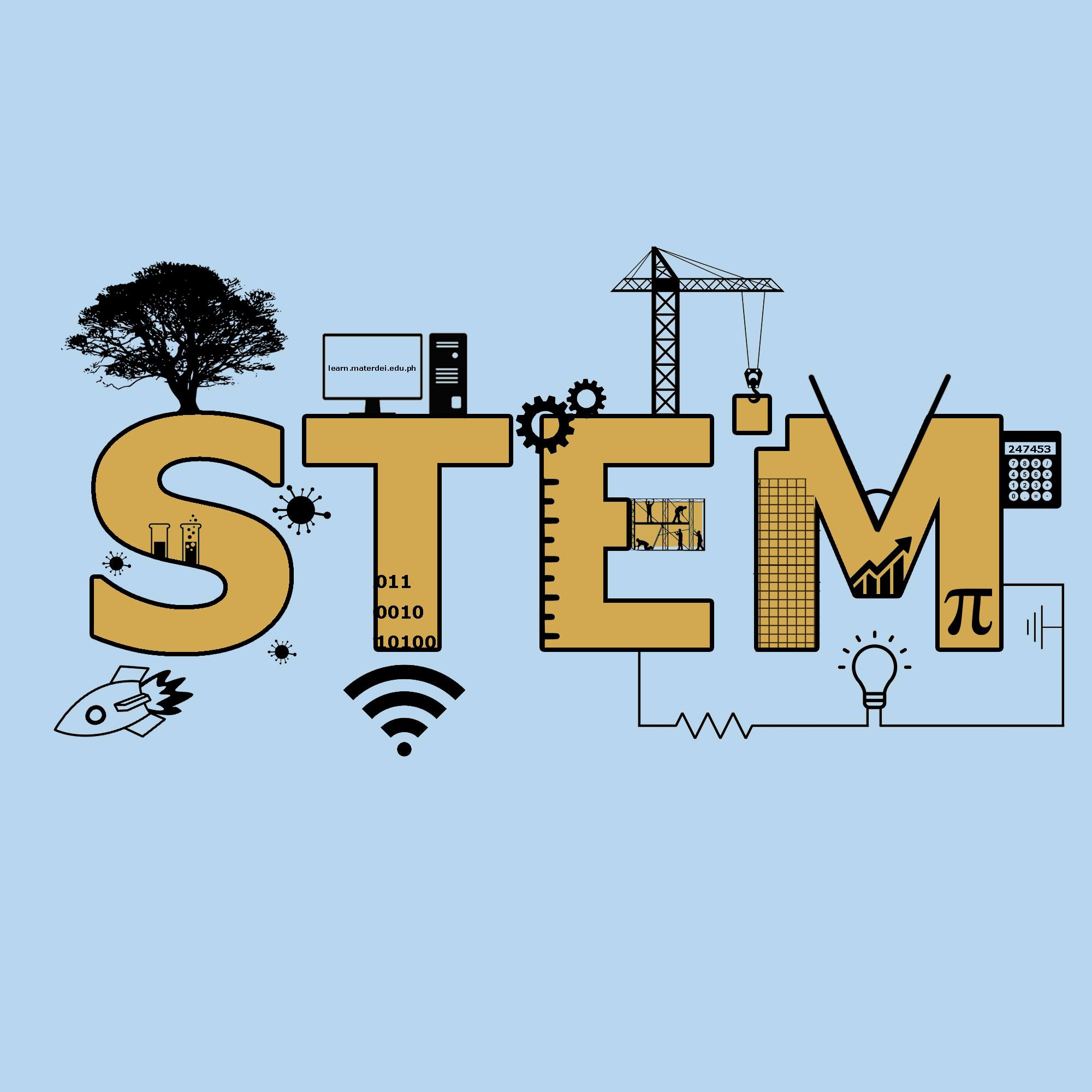
Homeroom Class 12-STEM

Homeroom Class 12-ABM/HUMSS/TVL/GAS/AAD
In line with the Mater Deian philosophy of education, vision and mission, the Home Room-Guidance program aims to assist each student to become a person who recognizes and appreciates his/her God-given unique potentials (talino) and is willing to persevere (tiyaga) to develop and share it for the common good. As a learning community, mentored by their adviser, the students are taught to be deeply grateful to God and imbued with a desire to learn to love Him with all their heart, mind, strength and soul and to love others as God loves them (Pusong dakila).

Homeroom Class 12-GAS/TVL/AAD
In line with the Mater Deian philosophy of education, vision and mission, the Home Room-Guidance program aims to assist each student to become a person who recognizes and appreciates his/her God-given unique potentials (talino) and is willing to persevere (tiyaga) to develop and share it for the common good. As a learning community, mentored by their adviser, the students are taught to be deeply grateful to God and imbued with a desire to learn to love Him with all their heart, mind, strength and soul and to love others as God loves them (Pusong dakila).

ABM- Business Finance
This course deals with the fundamental principles , tools , and techniques of the financial operation involved in the management of business enterprises. It covers the basic framework and tools for financial analysis and financial planning and control , and introduces basic concepts and principles needed in making investments and financing decisions. Introduction to investments and personal finance are also covered in the course . Using the dual learning approach of theory and application , each chapter and module engages the learners to explore all stages of the learning process from knowledge , analysis , evaluation , and application to preparation and development of financial plans and programs suited for small business.

ABM- Applied Economics
This course explains the basic principles of applied economics , and its application to contemporary economic issues , facing Filipino entrepreneur such as prices of commodities , minimum wage , rent and taxes. It covers an analysis of industries , for identification of potential business opportunities . The main output of the course is the preparation of a socioeconomic impact study of a business venture.
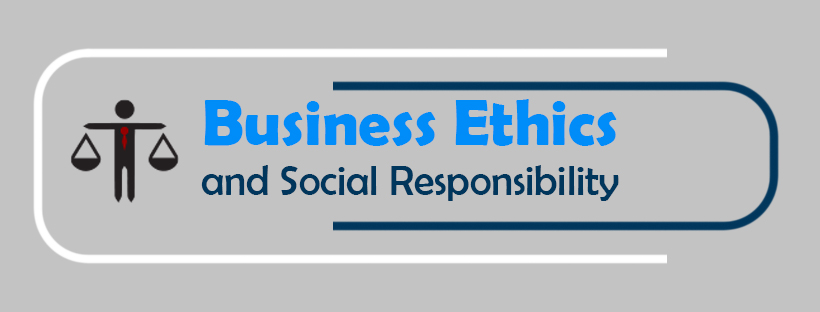
ABM- Business Ethics and Social Responsibility
Business Ethics and Social Responsibility deals with the core concepts, principles, and practices of ethical standards in the business environment. It is a combination of the theoretical foundations of setting up business enterprises with the conduct of entrepreneurial activities in the context of one’s accountability and social responsibility.
Specifically, the course aims to: (1) provide students with a basic understanding of the mechanisms whereby companies can be made to act in the best interest of shareholders, other stakeholders, and society as a whole; (2) provide students with knowledge of general ethical principles as applied to the special situations of business and the ability to make informed judgments through case analyses; and (3) equip students with the ability to formulate basic strategies in relation to corporate ethics and governance.
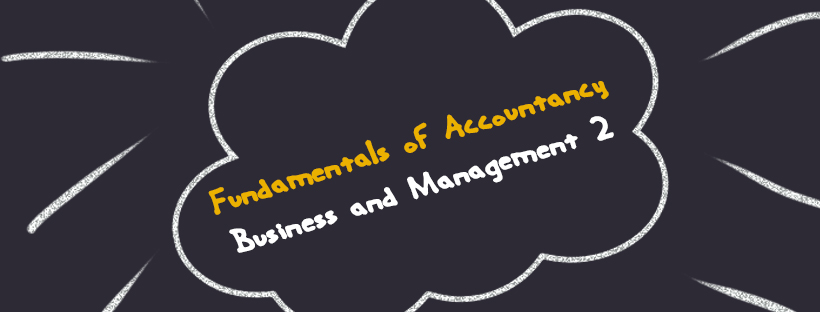
ABM- Fundamentals of Accountancy, Business and Management 2
Fundamentals of Accountancy, Business and Management 2 deals with the preparation and analysis of financial statements of a service business and merchandising business using horizontal and vertical analyses and financial ratios. Knowledge and skills in the analysis of financial statements will aid the future entrepreneurs in making sound economic decisions.

Homeroom Class 12- STEM
In line with the Mater Deian philosophy of education, vision and mission, the Home Room-Guidance program aims to assist each student to become a person who recognizes and appreciates his/her God-given unique potentials (talino) and is willing to persevere (tiyaga) to develop and share it for the common good. As a learning community, mentored by their adviser, the students are taught to be deeply grateful to God and imbued with a desire to learn to love Him with all their heart, mind, strength and soul and to love others as God loves them (Pusong dakila).
STEM - General Chemistry 1
General Chemistry 1 is the first part of a two-semester course on the fundamental chemical concepts and principles that covers the composition, structure, and properties of matter; quantitative principles; behavior of gases; and fundamental concepts of organic chemistry .

STEM-General Physics 1
Mechanics of particles, rigid bodies, and fluids; waves; and heat and thermodynamics using the method sand concepts of algebra, geometry, trigonometry, graphical analysis, and basic calculus.
HUMSS_Creative Non-Fiction
Focusing on formal elements and writing techniques, including autobiography and blogging, among others, the subject introduces the students
to the reading and writing of Creative Nonfiction as a literary form. The subject develops in students skills in reading, and thinking critically and creatively, that will help
them to be imaginative readers and writers.

Introduction to the World Religion and Beliefs System
The course explores the main tenets and practices of major world religions: Judaism, Christianity, Islam, Hinduism, Theravada Buddhism, Mahayana
Buddhism, Confucianism, Taoism and Shintoism. It aims to help learners understand the historical contexts of nine religions, appreciate their uniqueness and similarities and
promote mutual understanding among believers of different faiths. They are expected to demonstrate understanding and appreciation of one’s faith and that of others.

TVL_Events Management Services
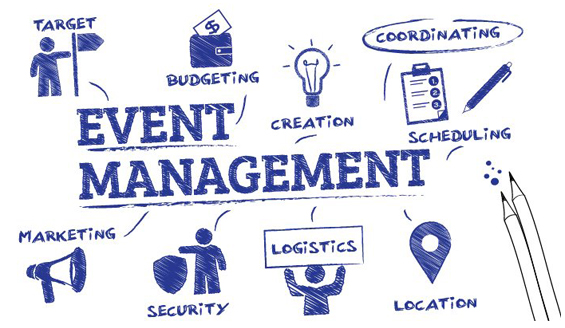
This curriculum guide on Event Management Services National Certificate Level III (NC III) is designed for students to enhance the knowledge, skills, attitude and motivations to perform the tasks in accordance with industry standards. It covers the basic, common and core competencies required for the NC III level in developing and coordinating events, namely: for basic competencies: 1) Leading in workplace communication, 2) Leading small team, 3) Developing and practicing negotiation skills, 4) Solving workplace problem related to work activities, 5) Using mathematical concept and techniques, and 6) Using relevant technologies. For Common Competencies, it include: 1) Developing roster staff, 2) Controlling and order stock, 3) Training small groups, 4) Establishing and conducting business relationships. For Core Competencies, namely, a) Event planning services, it includes: 1) Planning and developing event proposal or bidding, 2) Developing an event concept, 3) Developing an event program, 4) Selecting event venue and site, 5) Developing and updating event industry knowledge, b) On-site event management services, it includes: 1) Providing on-site event management services, 2) Developing and updating knowledge on Protocol, and 3) Managing contractors for indoor events.

Bread and Pastry Production
This course is designed for high school students to develop knowledge, skills, and attitude to perform the tasks on Bread and Pastry Production.

